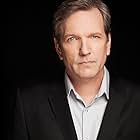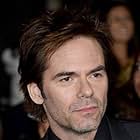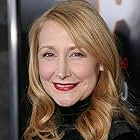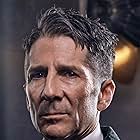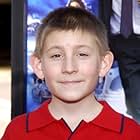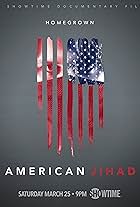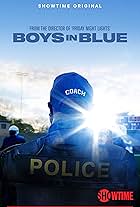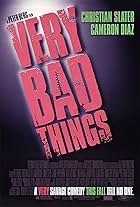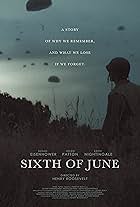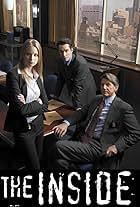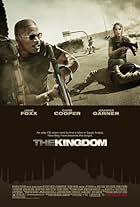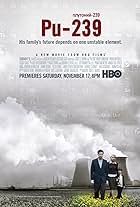Depicting life in a mental institution from the points of view of both doctors and patients (Wikipedia).Depicting life in a mental institution from the points of view of both doctors and patients (Wikipedia).Depicting life in a mental institution from the points of view of both doctors and patients (Wikipedia).
Photos
Storyline
Did you know
- TriviaLee Orser as Wendall Rickle is asked if he had seen anyone read their Miranda rights, and he responds "Like NYPD Blue". He portrayed 3 different characters of 3 different episodes of NYPD Blue.
- Quotes
Dr. Robert Banger: When the pressures of modern society become too great for a person, when one's chemical dynamic becomes such that they are unbalanced, that they cease painting within the lines, they come to us. These are the people that society would prefer just go away -- the shadow people. The shadow people that project upon us their shadow and remind us just how tenuous mental health is. Our worst fears. They remind us how easy it can be to slip.
- ConnectionsFollowed by Wonderland: Pilot (2000)
Yes my fellow reviewers worries about Wonderland have, unfortunately come true. E! online reports that ABC has pulled the show, faced with a drop in the ratings, and an apparent campaign against the show by a group who felt that Wonderland unfairly stigmatized people afflicted with mental disorder.
Was this show too gory? There were some scenes depicting violence and its aftermath, e.g., The shooting of bystanders in Time's Square by an actively-psychotic man; later, a struggle that ends when a pregnant psychiatrist is stabbed with a hypodermic needle which may have impacted the unborn's cognitive functioning.
Any gore was incidental to the storyline which was intense and compelling throughout. Writing and directing were superb. The viewer is horrified by the atrocity of a killer, yet cannot help but identify with Dr. Banger's (Ted Levine of The Silence of the Lambs) guarded empathy for this man who is likely to be committed for many years to a secure psychiatric hospital.
The staff and the patients were subject to the same stressors in life, to varying degrees. Anger, impotence, fear, self-loathing --all are possible responses to stress. When slapped by the news that his unborn child would most probably be grossly impaired, Dr. Neil Harrison (Martin Donovan), the consummate professional, nearly strangled the perpetrator. He later thought he saw his wife exposing her abdomen to this same man.
This was the show at its most powerful. Dr. Bangor refers to this as the "dark side" of the human psyche. We all walk a line of "normalcy." At stressful times that path is narrow and razor-sharp. At such times it is our ability to adapt and to transcend that keeps us from falling off.
Sure the shooting in Time's Square was disturbing, but slasher flicks on TNT or TBS toss gore by the bucket load, rendering this violent act all but tasteful. Viewers are made to identify with the travails of "normal," even trained people who are nonetheless subject to the same experience as their patients. This casts "sanity" in a particularly fragile light.
This very exploration of fragility is what crystallizes Wonderland's greatness. It also may be alienating to a demographic that wants to be entertained rather than made anxious.
Then again maybe Wonderland's ratings would have been better had some numb programming executive (speaking of cognitive impairment) not have placed a program of this magnitude in a time slot opposite ER.
- How many seasons does Wonderland have?Powered by Alexa
Details
Contribute to this page




